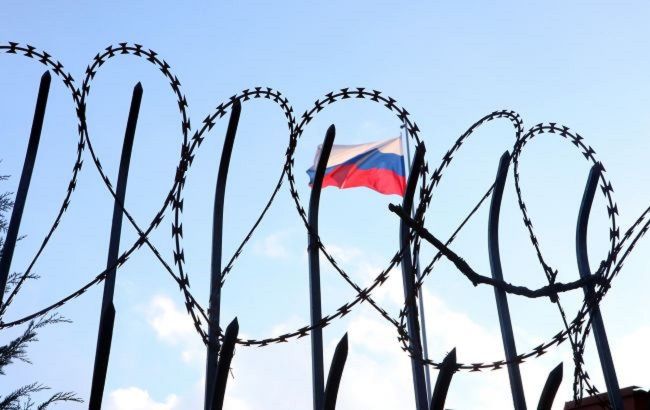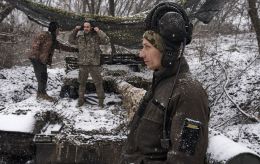Total collapse looming for major Russian industry, warns Ukrainian spy agency
 Photo: Intelligence has named an industry in Russia that faces complete collapse due to sanctions (Getty Images)
Photo: Intelligence has named an industry in Russia that faces complete collapse due to sanctions (Getty Images)
The Foreign Intelligence Service of Ukraine predicts a complete collapse in the passenger air transportation industry in Russia. It could happen by 2027.
According to intelligence, the crisis in the Russian passenger air transportation industry is worsening, the main reason for which is Western sanctions. Airlines have lost access to maintenance of Boeing and Airbus aircraft in international service centers.
As a result, maintenance costs have increased by 38%, and half of the Airbus fleet in Russia is no longer in use. For example, one of Russia's leading airlines, S7, has only 8 out of 39 Airbus A320/321s in the air.
Since the beginning of 2025, Russian airports have completely shut down 455 times. More than 700 times, the planes had to be redirected to alternate airfields.
As a result of the July 5-7 collapse alone, carriers' losses exceeded $250 million. To compensate for the losses, the companies sharply raised ticket prices.
“The average price of an air ticket to recreation areas in the rf this year is almost 400 US dollars – which is by 12.5 % higher than last year,” the report said.
According to intelligence forecasts, prices will rise by another 15%, which will lead to a reduction in passenger traffic by at least 7%.
The intelligence service also announced the decline of the Russian aircraft industry. New airplanes that have not even come out of testing yet have already risen in price by 45-70% compared to plans. It is predicted that Russia will lose 50 to 100 aircraft every year, and by 2027, the industry may face a complete aviation collapse.
Sanctions against Russia
Western sanctions against Russia were imposed in response to its aggression against Ukraine, including the annexation of Crimea in 2014 and a full-scale invasion in 2022. These restrictions cover a wide range of areas, from finance and energy to defense and technology.
Currently, the European Union is working on the 18th package of sanctions against Moscow, which could be one of the strongest since the beginning of Russia's full-scale invasion of Ukraine.
The package provides for further restrictions against individuals and organizations, as well as against the shadow fleet of the Kremlin.
The EU also plans to reduce the oil price cap set by the G7 countries from $60 to $45.
Germany recently called on the US and EU countries to support the 18th sanctions package, noting that it would be a good help to Ukraine. And on July 3, the European Commission called for increased pressure on Russia, as the Russian economy is already "overheated."

